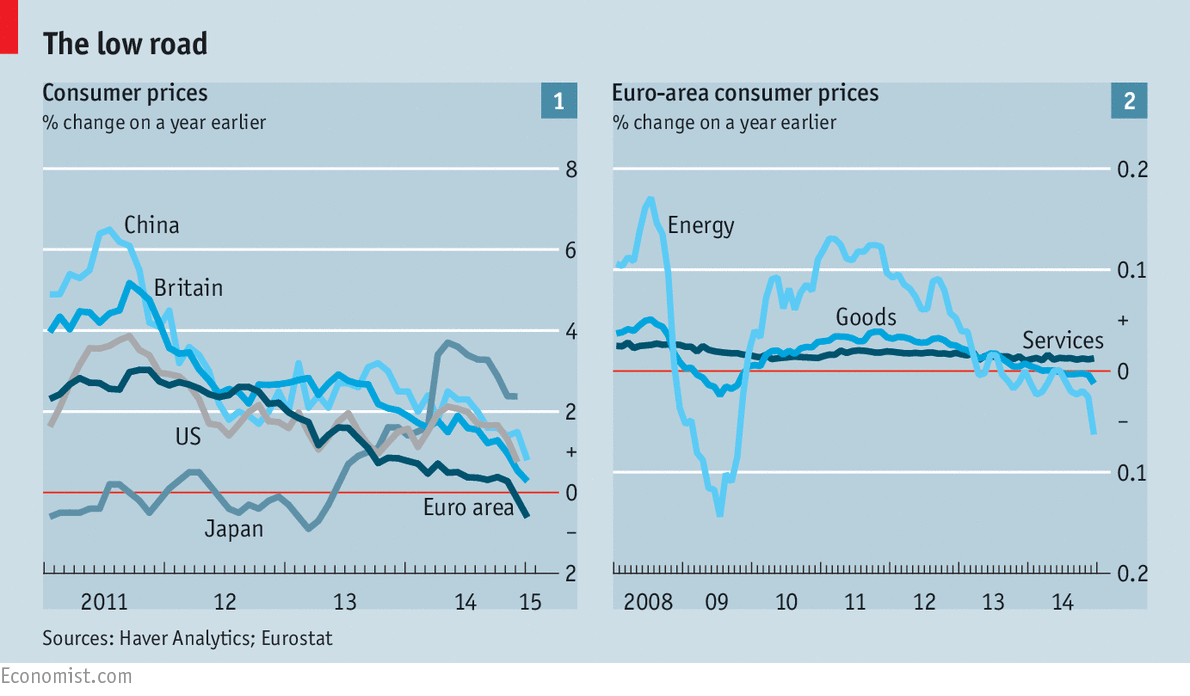One of my students came back the other day lamenting that colleges do not offer second chance tests! Another teacher said, "As it should be!" But I was reminded that the doctor who helped bring my son Grant into the world had only delivered ten kids prior to us and while he came out just fine despite her having to push awfully hard on my wife's stomach. Lawyers who can't win for their clients the first time, can appeal and law makers often have to try year after year to get their bills or amendments through. But as a father of two middle schoolers, I see how motivated students can be and how much they (my girls) want to improve their scores if they didn't do well enough the first time.
I have been transitioning (I have not yet gone to pinpointing parts of a summative test and only re-testing on that) the last few years to mastery teaching. Rich Hoppock first convinced me to give second chance tests, which led to unlimited formative quizzes and my now late principal Dave Tremaine convinced the entire school to cut late grades to 20%. I have gone even further cutting out all late grades, but then again I won't allow anyone to take a test until they turn in their study guides. I even let students turn in assignments multiple times if they want to raise their grades. Believe it or not I have not had any more late grades (yes I use Remind the night before an assignment is due, send weekly grade reports and call lots of parents when students start slipping), but the bottom line is that as a parent I see the need to master the material, not figuratively beat up students. Sure I am frustrated with some of my students for whom mastery is "just passing," but I see them as a challenge to teach better rather than give in.
I think mastery teaching has also been possible as I work more one on one with each of my kids than I have ever had time to do before. Of course this is in large part thanks to the help of technology. It has also been possible by staying after school a great deal more, but here is the bottom line: if the kids are learning better for longer periods of time and in a timely fashion, isn't that better for us as educators?
If you want more
detailed research on all of this here is a nice Ed Leadership article going all the way back to 2003!












